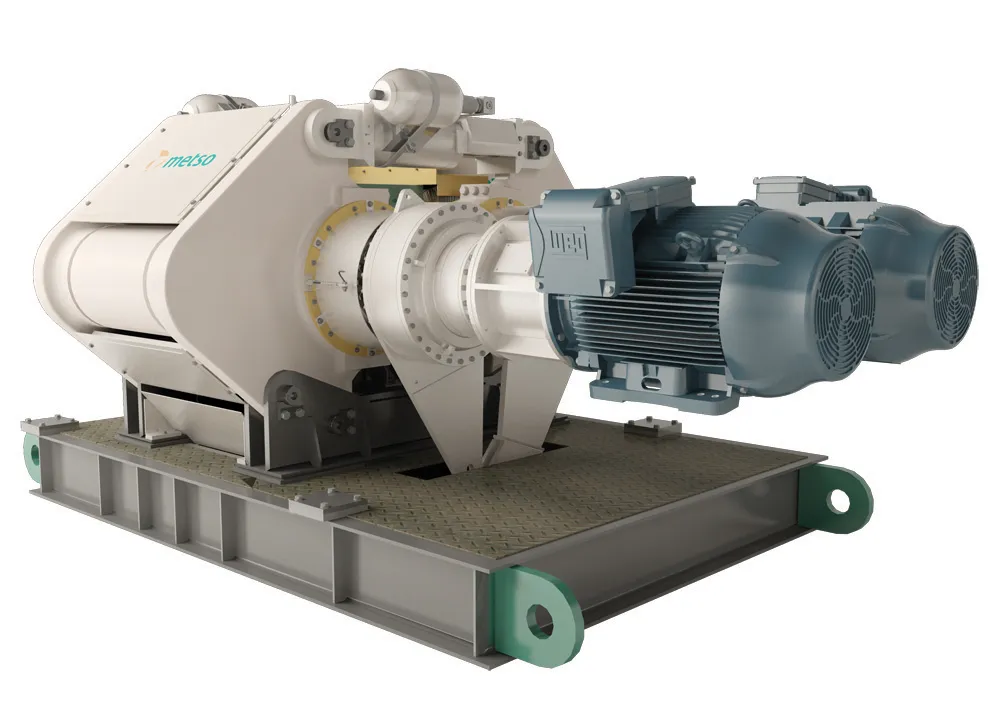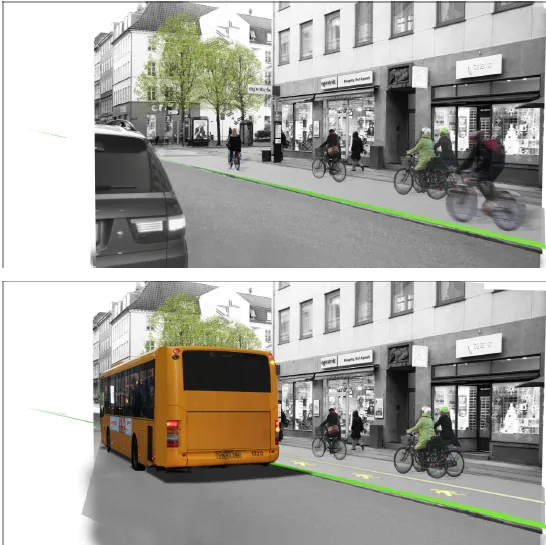The
So far, the project launched two in-orbit validation (IOV) satellites last October and plans to put another two validation satellites into orbit this year to prove the system. The first of the 22 fully functioning satellites on order will be launched to provide planned initial satellite navigation services in 2014, with full global operation of the system by 2019, when the expected full 30-satellite constellation is in orbit.








